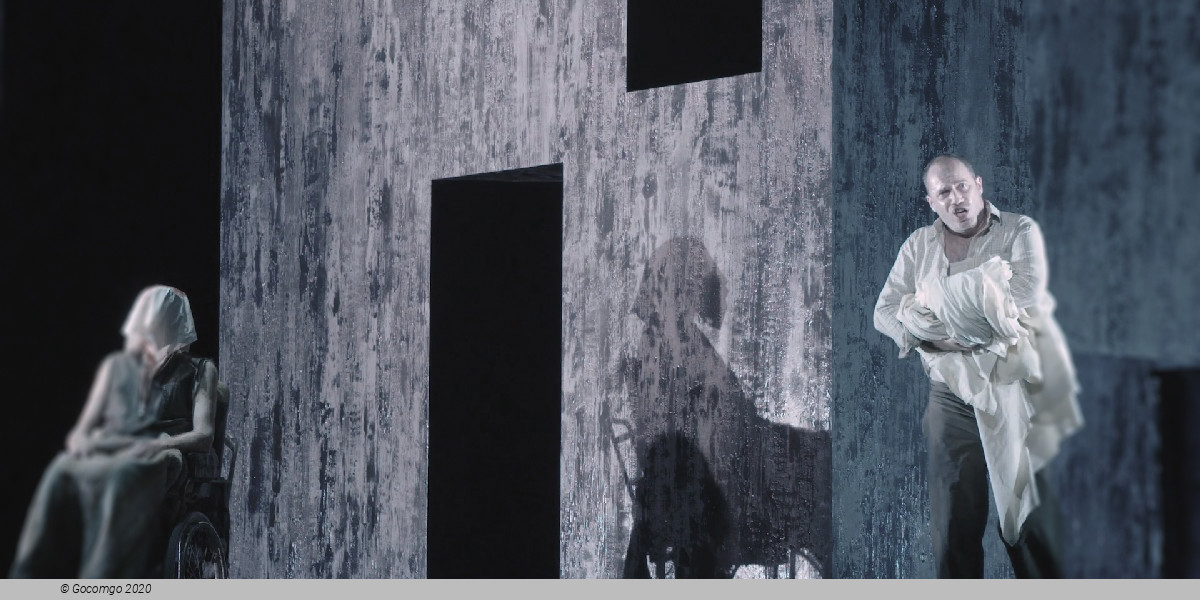Events13 results
About
György Kurtág (19 February 1926 in Lugoj) is an award-winning Hungarian classical composer and pianist. He was an academic teacher of piano at the Franz Liszt Academy of Music from 1967, later also of chamber music, and taught until 1993.
György Kurtág was born in Lugoj in the Banat region of Romania, to Hungarian parents. He became a Hungarian citizen in 1948, after moving to Budapest in 1946. There, he began his studies at the Franz Liszt Academy of Music, where he met his wife, Márta Kinsker, as well as composer György Ligeti, who became a close friend. His piano teacher at the academy was Pál Kadosa. He studied composition with Sándor Veress and Ferenc Farkas, chamber music with Leó Weiner, and theory with Lajos Bárdos and graduated in piano and chamber music in 1951 before receiving his degree in composition in 1955.
Following the Hungarian uprising in 1956, Kurtág's time in Paris between 1957 and 1958 was of critical importance for him. Here, he studied with Max Deutsch, Olivier Messiaen and Darius Milhaud. During this time however, Kurtag was suffering from a severe depression, saying "I realized to the point of despair that nothing I had believed to constitute the world was true...". Kurtág received psychological therapy from Marianne Stein – an encounter that revivified the composer and strongly stimulated his artistic development. During this time, he also discovered the works of Anton Webern and the plays of Samuel Beckett. The string quartet he composed in 1959 after his return to Budapest marks this crucial turning point; he refers to this piece as his Opus 1. He dedicated it to his therapist, Stein.
Between 1960 and 1968, Kurtág worked as répétiteur at the National Philharmonia in Budapest. In 1967, he was appointed professor of piano and later also of chamber music at the Franz Liszt Academy, where he taught until 1993.
Kurtág's international reputation began to take hold with Messages of the Late Miss R.V. Troussova for soprano and chamber ensemble, which had its premiere in Paris in 1981. Since the early 1990s, he has worked abroad with increasing frequency: he was composer in residence at the Berlin Philharmonic (1993–95) and the Vienna Konzerthaus Society (1995). He then lived in the Netherlands (1996–98), again in Berlin (1998–99) and upon invitation by Ensemble InterContemporain, Cité de la Musique, and Festival d’Automne, in Paris (1999–2001). György Kurtág and his wife lived near Bordeaux 2002–2015, when they moved back to Budapest.



